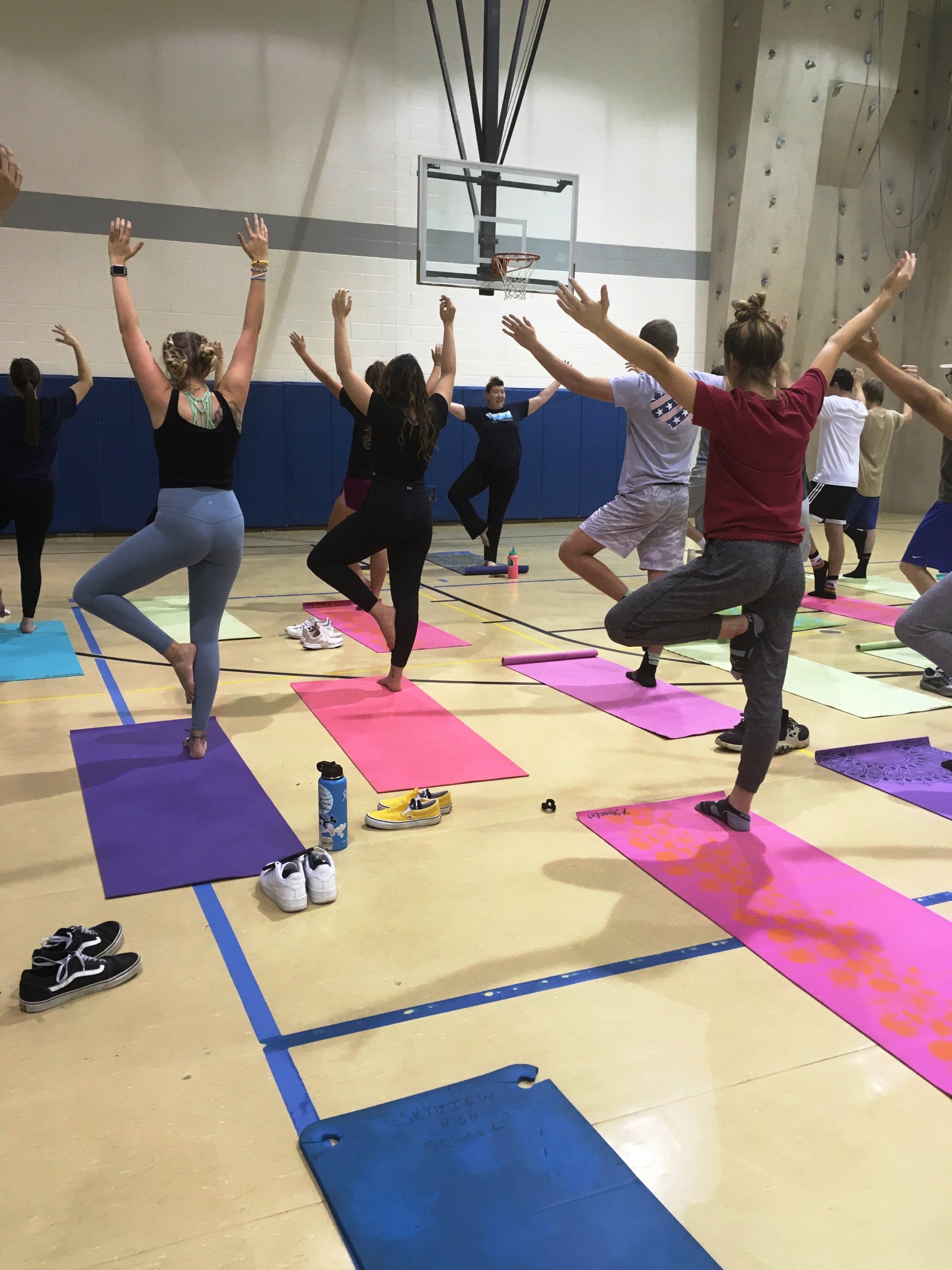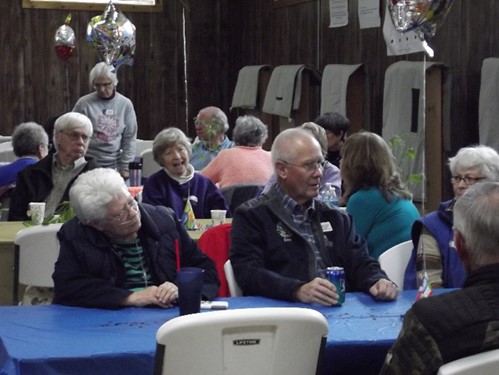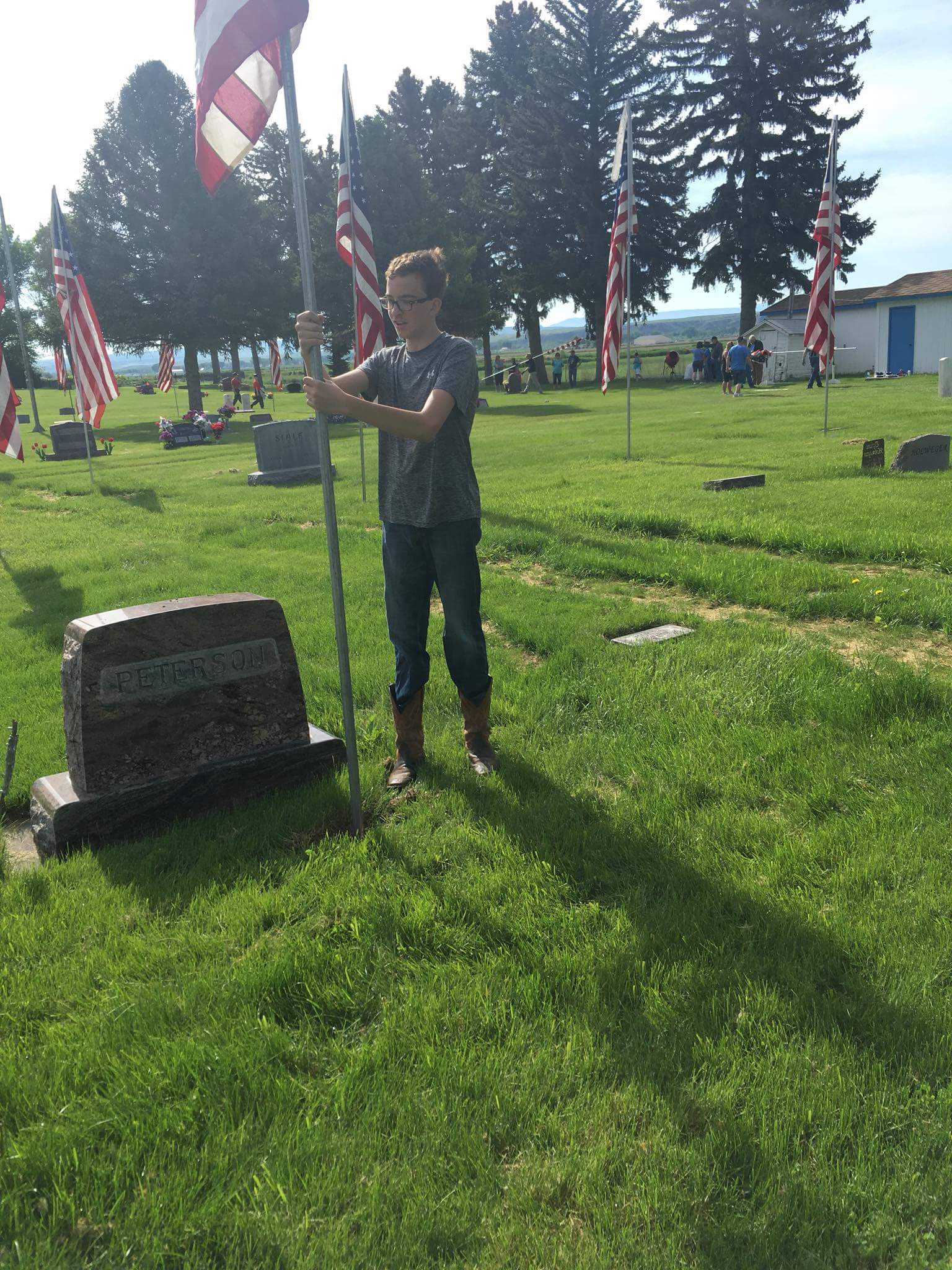
Yellowstone County
Navigating the Worden/Ballantine Water Crisis
Published: 2019By Callie Cooley and Jackie Rumph
Although the Worden Ballantine Yellowstone County Water and Sewer District (WBYC WSD) is taking measures to mitigate the water quality issues, like increasing chlorine treatment, not all surface water contaminants can be treated with their current system. Because of that and the nitrate issue, infants, pregnant women, and those with compromised immune systems are advised not to consume the tap water.
MSU Extension in Yellowstone County recognized an immediate community need. With approximately 1,800 individuals directly influenced throughout Worden, Ballantine, and the Huntley Project school system, MSU Extension – Yellowstone County, saw an opportunity to be involved through collaboration with MSU Extension Water Quality (MSUEWQ) Well Educated program, a program that provides well owners with materials to sample their well water quality. Because of the evolving quality issue facing WBYC WSD, many private well owners took advantage of services offered through Extension. Together, MSU Extension – Yellowstone County and WBYC WSD distributed over 170 tests kits and increased water quality awareness throughout the Yellowstone Valley.
Through the collaborative efforts, private well owners have not only tested their wells at a lower cost but have also educated themselves on their own water quality. Educating well owners decreases the risk of water born illnesses and nitrate-related issues. Furthermore, awareness regarding what to test, how to treat wells, and the importance of regular maintenance expanded throughout the county courtesy of MSU Extension resources.
MSU Extension Yellowstone County continues to work with the Worden and Ballantine communities, WBYC WSD, and MSUEWQ program to analyze the data. By collecting and analyzing the private well owner results, the MSUEWQ will be able to offer an overall picture of the emerging issue. Furthermore, WBYC WSD is working with their board of advisors and Department of Environmental Quality to consider their options – a vital step in assessing how to best provide safe water in their community.
Physical Activity in Yellowstone County
Published: 2019By Jackie Rumph
Physical findings include a reported increase in strength and the ability to move freely and easily by 96% of the participants, a reported increase in stamina by 85% of the participants, and a reported increase in balance by 92% of the participants.
Upon completion of the Physical Activity classes, 7 participants reported meeting the 2018 physical activity guidelines.
• Social findings include a reported increase in community ties by 100% of the participants.
• Mental health findings include a reported decrease in stress by 67% of the participants and a reported decrease in anxiety by 64% of the participants. Variables that effect both mental and physical aspects include sleep and chronic pain. Significant increases in sleep were reported by 77% of participants and decreases in chronic pain were reported by 65% of the participants.
• Positive behavior changes include a reported intent to engage in similar exercise routines outside of the Physical Activity classes by 88% of the participants and a reported intent to maintain the friendships made during this program by 96% of the participants.
Celebrating 25 Years of Master Gardeners in Yellowstone County
Published: 2019By Amy Grandpre
Projects that year involved assisting Extension personnel with phone-in questions, a plant exchange and a garden tour, featuring the Master Gardener’s home gardens. The total volunteer hours for 1994 was 43.
Fast forward to 2019, we have 130 certified and active Master Gardener volunteers, with hundreds more completing the program in the past 25 years.
The Master Gardeners have 25 current projects throughout the community and volunteer hours in 2019 added up to 3,087, contributing to the 75,000 volunteer hours recorded since 1994.
Of these projects, two are exclusively Yellowstone County Master Gardener’s: 1) The Square Foot Demonstration Garden began in April 2003 2) The Education and Demonstration Garden started in September 2014.
These two gardens have become year-round features at MetraPark and provide a great opportunity for Master Gardeners to share their knowledge with the public especially during MontanaFair.
At our 25-year celebration, we were honored to have 2 Master Gardeners from the original 1994 class in attendance. A delicious BBQ potluck was enjoyed by all, past participants were recognized, many prizes were handed out, and a chalk drawing contest kept things interesting. The festivities were wrapped up with the dedication of a Mock Orange Tree in memory of Dr. Bob Gough–MSU Horticulture Professor. This Mock Orange tree is now a feature tucked inside our Education and Demonstration Garden facility.
It was Dr. Bob’s passion for the Master Gardener program and his encouragement that was instrumental in starting the program in Yellowstone County. We are his ongoing legacy, and a testament to the impact of one life’s mission on others.
4-H Nurtures True Leaders
Published: 2019By Roni Baker
Service has always been a key part of the 4-H experience. 4-H members contribute many hours back in to their communities every year. The sense of pride this creates, and the leaders it develops are so important to our future. A statewide survey of 4-H members was designed to get a better understanding of the impact 4-H plays in the civic engagement that benefits communities. In Yellowstone County of the 3rd through 6th graders that responded to a statewide survey, 95% reported that they care about their community and like helping others because of their 4-H involvement. Over three fourths of the Yellowstone County 4-Hers in grades 7th through 12th indicated because of their involvement with 4-H there was an increase in their willingness to help when they heard about a problem somewhere else.
By providing opportunities to connect to their communities and adult leaders, youth gain a clear understanding of their role in civic affairs. Research shows that 4-H members are 4 times more likely to contribute to their community than other youth. 4-H makes an impact while creating true leaders.





